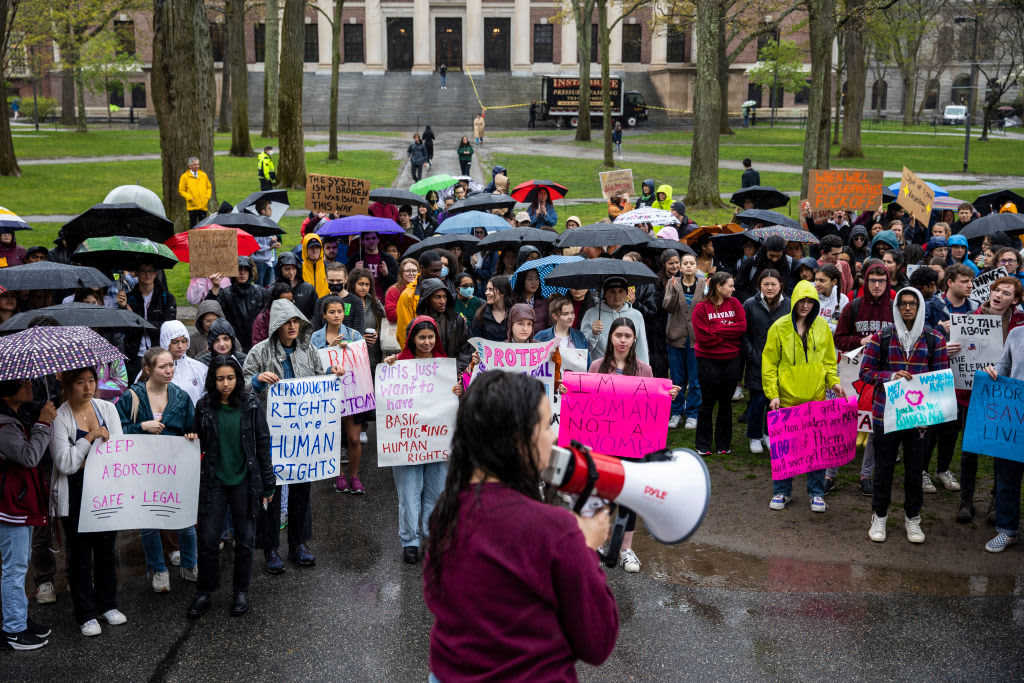The landmark decision of Roe v. Wade in 1973 legalized abortion in the United States, granting women the right to choose whether or not to terminate a pregnancy. However, with the current conservative majority in the Supreme Court, there is a growing concern that Roe v. Wade could be overturned, which would have significant implications for college students across the country.
If Roe v. Wade were to be overturned, the legality of abortion would be left up to individual states to decide. This means that some states could choose to ban or severely restrict access to abortion, making it much more difficult for college students to access safe and legal reproductive healthcare.
For college students who are sexually active and may find themselves facing an unintended pregnancy, the overturn of Roe v. Wade could mean they would have to travel long distances or cross state lines to access abortion services. This can be especially challenging for students who may not have the financial means to travel or take time off from school to seek medical care.
Additionally, students in states with restrictive abortion laws may face stigma and judgment from their communities if they choose to terminate a pregnancy. This can lead to feelings of isolation and shame, impacting their emotional well-being and mental health.
Furthermore, the overturn of Roe v. Wade could have a disproportionate impact on low-income students and students of color, who already face barriers to accessing healthcare. These students may be forced to carry an unintended pregnancy to term against their will, leading to increased financial strain and limited opportunities for academic and career advancement.
In light of these potential consequences, college students across the country must stay informed and advocate for reproductive rights and access to comprehensive healthcare services. It is crucial for students to engage in discussions about the importance of reproductive autonomy and the potential impact of the overturn of Roe v. Wade on their lives and futures.
Additionally, college campuses can play a crucial role in providing resources and support for students facing unintended pregnancies. Colleges and universities can offer comprehensive sexual health education, access to contraception, and referrals to trusted healthcare providers, ensuring that students have the information and resources they need to make informed decisions about their reproductive health.
In conclusion, the overturn of Roe v. Wade would have far-reaching implications for college students, particularly those who may face an unintended pregnancy during their time in school. It is essential for students to stay informed, advocate for their rights, and seek out support from their communities and healthcare providers. By working together to defend reproductive rights, college students can ensure that all individuals have access to safe and legal healthcare options, regardless of their zip code or socioeconomic status.
